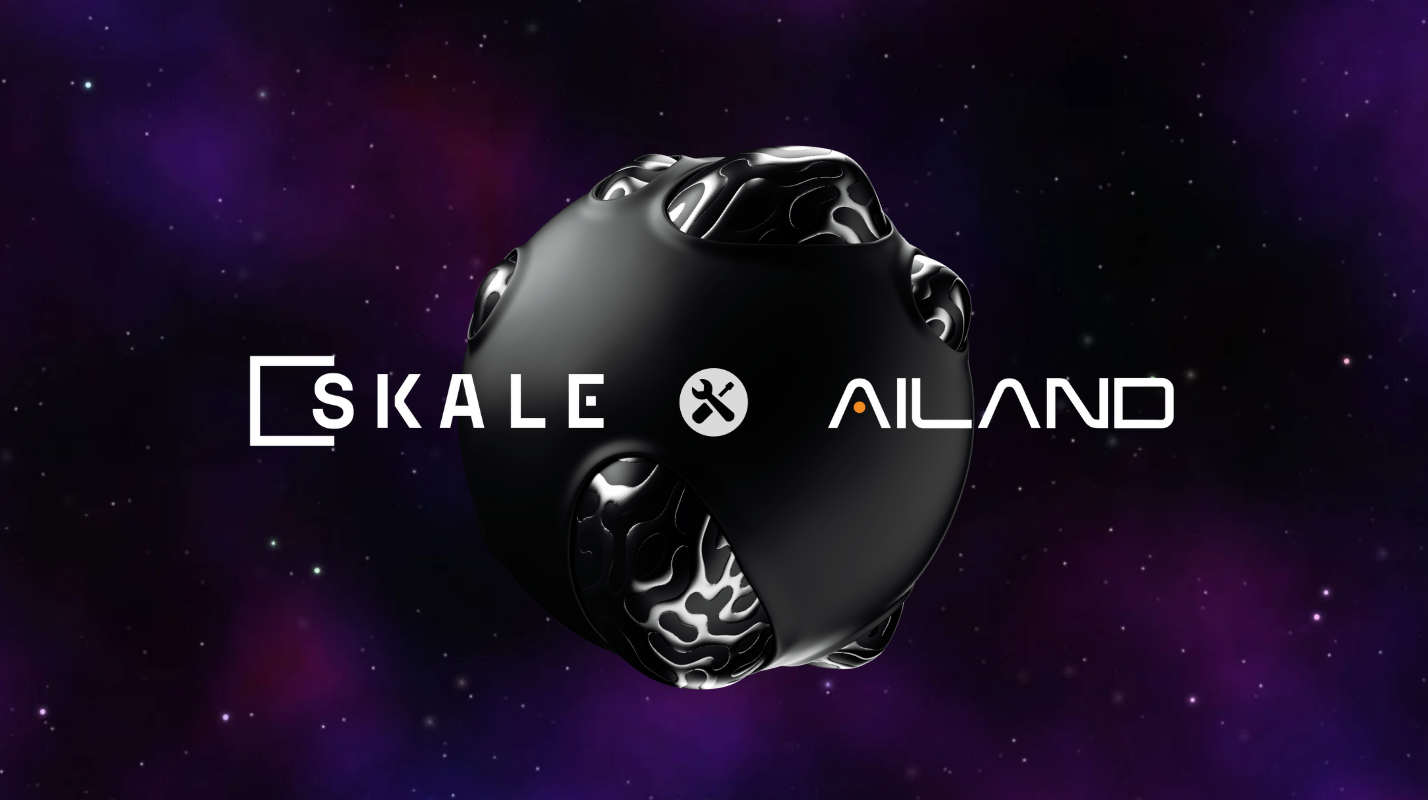Modular SKALE Chains and the New Hub Architecture

The SKALE to V2 upgrade evolves SKALE from a network of siloed L2 chains to a high performance modular L1/L2 hybrid network of scalable interconnected blockchains.
When thinking about the SKALEverse, I like to describe V2 as a universe of connected blockchains. Unlike monolithic Layer 1 blockchain networks, SKALE is not capacity constrained due to its Modular architecture. SKALE is not a single blockchain, but a network of many blockchains. In addition, SKALE V2 will not only let people utilize Ethereum generated tokens, but will enable Dapps to mint ERC Tokens/NFTs at zero cost directly on SKALE.
These new features are exciting and open a world of growth. However, they also bring about new challenges. Having an unlimited quantity of blockchains brings uncapped capacity, but could result in user experience and integration issues without proper interchain coordination. To solve this problem before it ever starts, SKALE Chains will be categorized as either Hub Chains or Dapp Chains.
What are SKALE Hubs?
SKALE Hubs act as service stations to the Dapp chains. Rather than exchanges and marketplaces living on every single chain which would result in fragmented liquidity, Hubs are designed to provide liquidity, swapping, and marketplace services to Dapp chains. In addition, partner services like oracles, indexers, fiat on/off ramps, and more can live on hubs that provide the critical ecosystem of services needed to run Dapps in the SKALEverse. In addition, Hubs are critical to ensure proper token mapping and standardization happens within the SKALEverse.
Hubs provide value without sacrificing decentralization. Anyone can create a hub as it is just a chain that supports other chains with particular services. Every Dapp has free will to connect to any hub they desire. As the SKALE ecosystem grows, we’ll see many competing Hubs work to bring business and users to their chains. These Hubs will be primarily DAO structures that are operated by people, businesses, organizations, and projects. Ultimately SKALE Chains are the decentralized building blocks of an interconnected Web3 Universe of Blockchains.
Over the coming months we believe there will be a variety of different SKALE Hubs that will come into existence. We’ll initially see two community generated Hub proposals which will launch on SKALE V2. One proposal has been to create a Liquidity and ETH Mainnet Bridge aggregation hub. This proposal was brought forth initially by the Ruby team and has grown to encompass a number of different SKALE DeFi and partner services.
Key services likely to be included in a liquidity hub are:
• Shared token mapping in order to offer Dapps an optimized token flow across and between chains
• Liquidity from one or more AMMs / liquidity providers
• Freedom of movement throughout the universe of blockchains by utilizing the native IMA Ethereum bridge, Connext (for movement across 14 different layer 1 and layer 2 protocols from Binance to Avalanche) and more
• Fiat on-ramps, for helping consumers access cryptocurrencies, especially those consumers who are new to Web3 and Crypto
There has also been a proposal to launch an NFT Marketplace Hub to pool initial NFT liquidity into one chain, which will make integrations easier for NFT Marketplaces. NFTs from Dapp chains will be able to move seamlessly to the NFT Hub and connect to marketplaces.
Key services likely to to be included in an NFT hub are:
• NFT Marketplace Applications
• Connection to the SKALE Liquidity Hub
• Zero Fee User Generated NFT Services
What's Next?
Please stay tuned for more specific details regarding these proposals which will come directly from partners and community members in the SKALE Ecosystem. These proposals will include more granularity on how their specific DAO-run SKALE Hubs plan to launch, operate, and govern.
In summary, SKALE Hubs help the Network grow in a coordinated and optimized fashion without sacrificing decentralization. The core team has been thrilled to see the continued growth of decentralized community-run initiatives and is looking forward to supporting these efforts. We’re excited to see how the community will use DAOs and other unique strategies for structuring new SKALE Hubs in the future.
.png)
.png)
.png)









